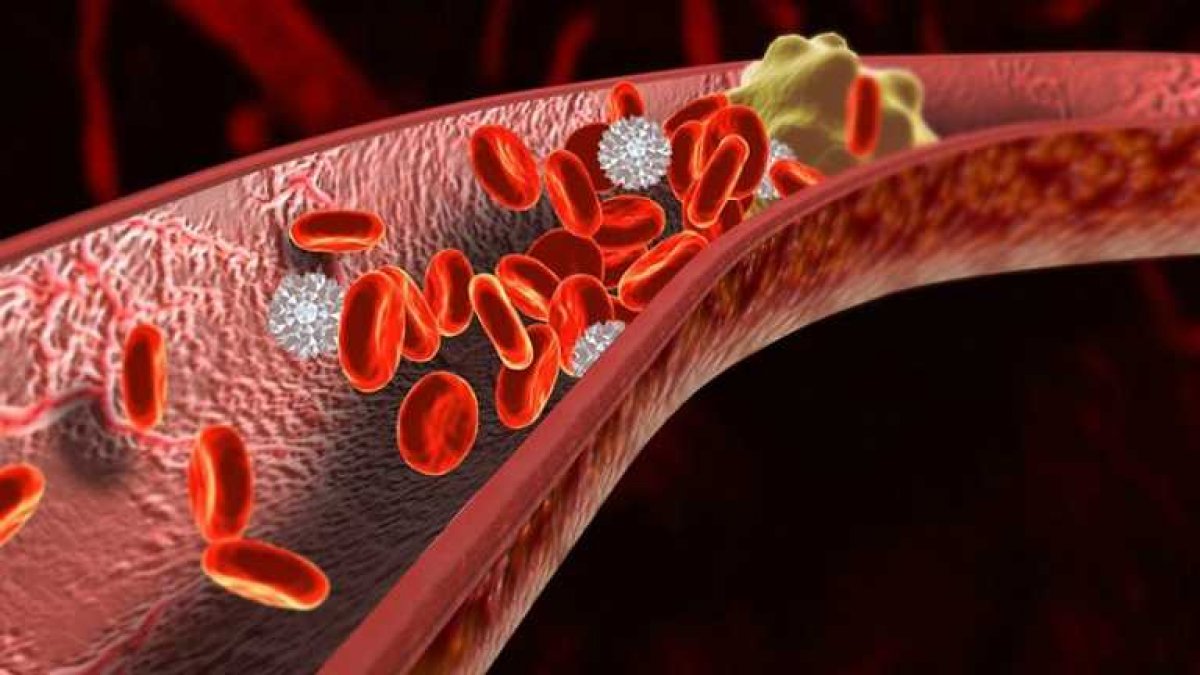
One of the best fruits for thrombosis: Fresh research in the field of blood clot prevention shows that effective measures are not limited to drug treatment alone, and also include certain products.
This information was reported by the Food Navigator resource, reports URA-Inform.
What kind of product is this ?
One of these unexpected heroes is kiwi, a fruit popular among Ukrainians. Scientists note that eating 2-3 kiwis daily can significantly reduce the risk of blood clots and reduce blood fat levels.
A group of researchers from Norway working on this topic highlight the potential of kiwi as an effective alternative to aspirin. Experiments conducted at the University of Oslo showed that daily consumption of kiwi for four weeks leads to a decrease in platelet aggregation and a decrease in triglyceride levels by 15% compared to the control group.
Work scientists
Scientific research has shown that kiwi helps reduce blood viscosity, which reduces the likelihood of blood clots and fat accumulation, while maintaining healthy levels. cholesterol. Asim Duttaroy, principal investigator at the Institute of Basic Medical Sciences at the University of Oslo, believes that kiwi has a similar effect to aspirin, reducing platelet activity and helping reduce the risk of cardiovascular disease. That's why kiwi — one of the best fruits for thrombosis
Important information on aspirin
Although aspirin is often used to prevent cardiovascular disease, its use can cause serious side effects, including inflammation and ulcers of the gastrointestinal tract. Duttaroy and his colleagues are not suggesting that aspirin should be avoided entirely in favor of kiwi, but they do recommend including this fruit in the diet of those seeking to improve heart health through nutrition.
What Leads to the formation of blood clots?
The focus is on the balanced interaction between various factors, including the state of the blood, the walls of blood vessels and even lifestyle. First of all, it is important to understand the role of three main components: hemostasis (the system responsible for stopping bleeding), the endothelium (the inner layer of the vascular wall) and platelets (blood cells responsible for the formation of clots).
When one of these components are disrupted, the risk of thrombosis increases significantly. Risk factors include a sedentary lifestyle, smoking, obesity, and genetic predispositions. However, there are many other factors that can contribute to blood clots, such as age, pregnancy, surgery, cancer and certain medications.
Let us remind you how to use water to help your heart: advice from doctors.

